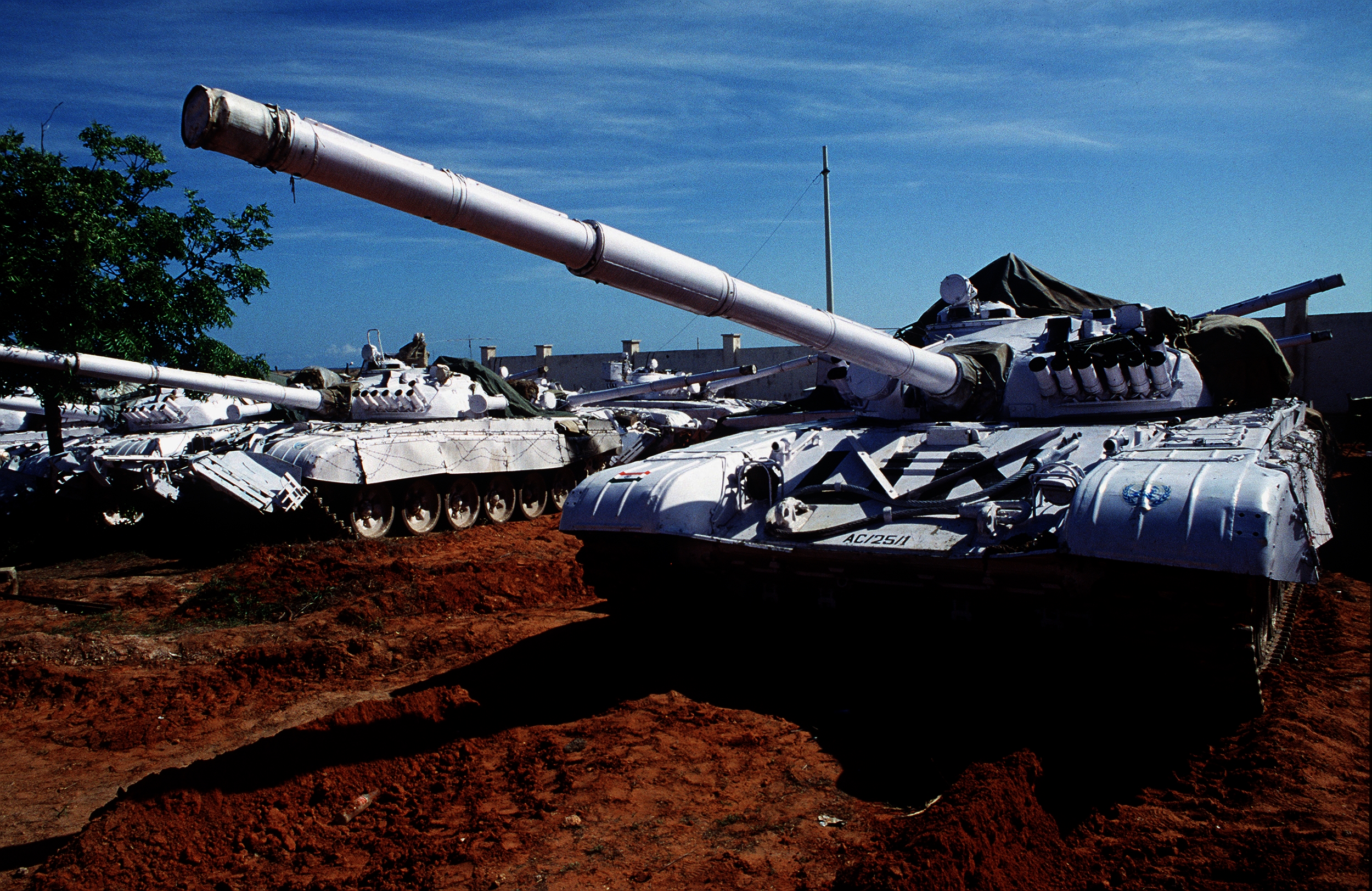Ongoing conflicts across the globe are creating catastrophic social, economic and political consequences that are not often realized and underpin a growing cycle of insecurity. A 2014 United Nations (UN) report puts the number of people displaced by war, conflict or persecution at a record high of nearly 60 million around the world. Additionally, the 2015 Global Peace Index estimates that in 2014 global conflicts killed 180,000 people and cost $14.3 trillion dollars, which is equivalent to 13.4% of the world’s GDP. And global security trends continue to worsen. There has been a dramatic increase in the number of local and regional conflicts in the past five years. Fifteen conflicts have erupted or reignited, including eight in Africa and three in the Middle East. If not addressed, the number of conflicts will continue to escalate and cause greater demands for resources, which is not sustainable.
Bad Intelligence and Hard Power
If you are invested in defending torture on the basis of its potential utility, it would be prudent to frame the issue by claiming that the torture of captured extremists has led to useful intelligence. That way, your detractors will respond either by arguing that torture did not lead to useful actionable intelligence, or that torture is ethically unjustifiable even if it is a useful method of information gathering. Either way, the pro-torture argument comes out ahead — because given this way of framing the issue, the worst-case scenario is that torture is ineffective and unethical. But, in fact, that is not the worst-case scenario. There is a scenario far worse even from the most utilitarian point-of-view — a scenario involving bad intelligence.



